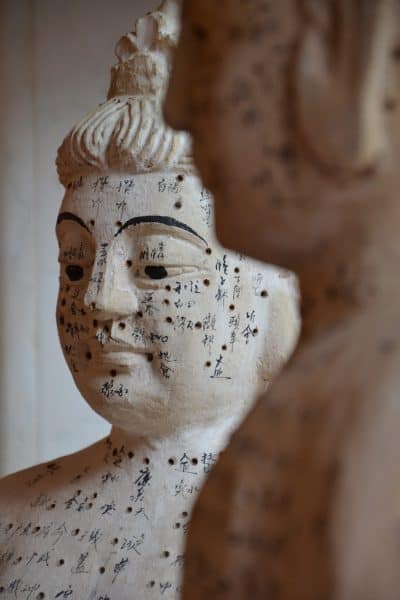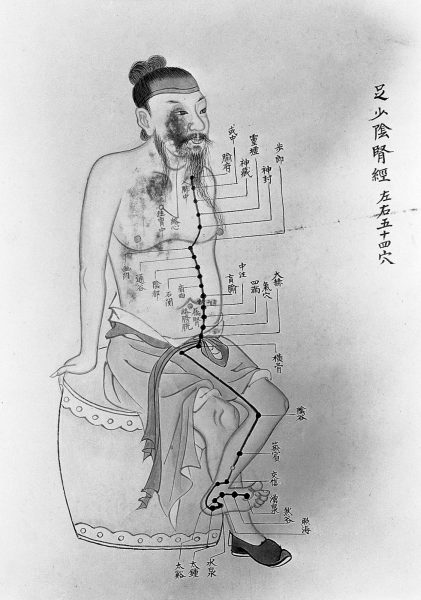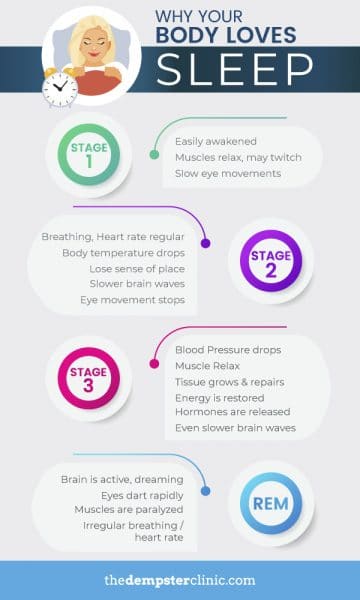Sleep deprivation is one of the most significant factors contributing to poor health, physical performance and mental performance. It is defined as trouble falling and or staying asleep, with low energy, especially in the morning, difficulty concentrating, and mood disturbances.
One of the biggest experiments of sleep deprivation on health involves 1.6 billion people annually. It occurs during Daylight Savings. Studies have shown that there is a 24% increase in acute heart attacks the day after we lose one hour of sleep in the spring, while there is a 21% reduction in heart attacks with an hour gained in the fall.
Sleep deprivation has also been linked with more immediate effects such as lowering testosterone. A study found that men who slept 5 hours or less in a single night had the sperm count of men 10-15 years older than them. This not only has implications for sexual performance and fertility, but also for increasing muscle mass, strength, and bone density.
In women, similar impairments to fertility are found with lowered levels of hormones needed for heathy egg maturation.
Chronic sleep deprivation has also stimulated investigation into various health outcomes such cancer, diabetes, metabolic syndrome, and all-cause mortality.
Bottom line? Good sleep is a superpower that improves many aspects of our health and optimizes ourselves to be the best we can be.

Traditional Chinese medicine (TCM) offers a helpful tool to apply especially when sleep disturbances are unrelenting and stubborn. It has been practiced for thousands of years in China to treat various illnesses including insomnia. TCM looks at underlying imbalances through bodily patterns (ie. how long it takes to fall asleep, the timing and frequency of waking up, sleeping position, and dreams) to understand the root causes.
TCM includes acupuncture, herbal and dietary treatments that work synergistically to correct an imbalanced pattern. In order to understand problematic patterns in our body, knowledge of what people are comprised of in TCM is key.
In TCM, there are four substances that make up a person:

1. Jing is our inherited energy from parents, and is increased or decreased by the quality of our diet, and number of reproductive events we’ve had (ie. pregnancies deplete jing).
2. Qi is our daily energy that helps us move, digest and absorb nutrients, and keep warm.
3. Shen is our mind/ spirit, which has to do with our sleep, thinking, memory, and consciousness.
4. Blood nourishes our body and roots our mind aka Shen so that we don’t have restless thoughts rising up.
The Chinese say that during the day, Shen (the mind) is naturally directed outwards, but at night it comes back inside to root in Blood. If Blood is deficient, then the Shen will not find it’s “bed” comfortable, making sleep difficult due to restless thoughts, and easy wakefulness.
Patterns of blood deficiency include difficulties falling asleep, and waking up frequently, tendency to sleep on the side, and excessive dreaming. Other symptoms that go alongside blood deficiency include poor memory and focus, heart palpitations, pale complexion, and/or being startled easily.
Common acupressure points you can try at home include:
- Heart 7 which nourishes heart Qi, and Blood – located on the pinky side of your inner wrist.
- Spleen 6 which nourishes Blood – located on the inner part of your lower calf, 3 fingerbreadths above your inner ankle.
- Kidney 3, 6 both of which nourishes Yin – 3 is located between your achilles tendon and inner ankle, and 6 in the depression right below the the inner ankle.
- Liver 3 located between your big and second toe, just in front of where the tendons intersect is helpful for those waking between 1-3am.
Important foods that nourish blood include red beets, jujubes, sweet potato, barley, mushrooms, and figs. Acupuncture and nourishing foods and herbs work hand in hand to support sleep from the root.

While blood deficiency is a common pattern for insomnia, this is just one of many patterns that can exist. A thorough assessment which includes examining your tongue and pulses help practitioners create the best treatment for you.

Book An Appointment with Dr. Tamara Kung, ND at The Dempster Clinic – Center For Functional Medicine
I love helping my patients feel, and look their best (because what goes well inside, will also radiate outwards), by including the synergistic effects of acupuncture, and dietary counselling. Book an appointment if you have, or know someone who is suffering from sleep deprivation that is impairing quality of life and blocking goals of quality longevity.
At The Dempster Clinic- Center for Functional Medicine, I offer a variety of approaches for finding natural sleep aids that are customized to your individual needs.
Please take advantage of my Complimentary 15-minute Discovery Session, which is available for all prospective patients. This session can take place over the phone or at the clinic in person. It gives you a chance to learn more about the services I offer and how they can help you find your best health.
Please schedule an appointment today!
In good health,
Dr. Tamara Kung, ND

